Hungary warns of 'era of recession' in Europe amid energy crisis, soaring inflation
Hungarian prime minister Viktor Orban has raised the alarm over an “era of recession” in Europe as the continent grapples with the energy crisis and soaring inflation fueled by the raging war in Ukraine.
Taking his oath of office on Tuesday, weeks after the election, Orban lambasted the European Union and said the alliance was “abusing its power day by day” by pushing back member states’ sovereignty.
He held the alliance responsible for the energy crisis in Europe, saying the war and the European policy of sanctions in response had “created an energy crisis.”
“The energy crisis and the interest rate hikes in the US have jointly brought about the era of high inflation. All this will bring about the era of recession when a decline in economic output, stagnation, and years of slight increases in output will follow each other in Europe,” Orban warned.
He said the National Bank of Hungary and the government need to cooperate and coordinate the schedules to curb inflation.
“We will sync these steps ... we will take cautious but firm measures to regulate prices,” the prime minister said in his speech to the parliament.
According to an economic forecast by the European Commission (EC), Hungary's GDP growth would slow to 3.6 percent this year from 7.1 percent in 2021, while average inflation would come in at 9 percent by the end of this year.
The report by the European Commission, published on Monday, also estimated that the inflation will surge to 6.8 percent in both the EU and eurozone this year, with some central and eastern European countries likely to see double-digit price rises in 2022.
“There is no doubt that the EU economy is going through a difficult period due to Russia's war against Ukraine, and we have revised our forecast downwards accordingly,” said European Commission Vice-President Valdis Dombrovskis
“The most important negative factor is soaring energy prices, which are driving inflation to record levels and weighing on European businesses and households,” he added.
Brussels has cut its growth forecasts and according to the report, both the EU and the eurozone are set to expand by 2.7 percent this year, despite the previous expectation of 4 percent.
In a statement on Monday, the EC’s economic commissioner Paolo Gentiloni said the recent conflict in Ukraine is “weighing on Europe’s economic recovery.”
“The war has led to a surge in energy prices and further disrupted supply chains so that inflation is now set to remain higher for longer,” he added.
Hitherto, the EU has pushed through five rounds of sanctions against Russia and now is poised to finalize another package targeting the oil sector.
However, some member states such as Hungary, which are heavily reliant on Russian energy, are opposed to the sanctions regime against Russia’s energy sector.
A separate commission report published on Monday warned of multiple shocks, from supply chain snags to higher commodity prices, which could further hit households’ purchasing power in the coming months.
Russia launched a military operation in Ukraine in late February, following Kiev’s failure to implement the terms of the Minsk agreements and Moscow’s recognition of the breakaway regions of Donetsk and Luhansk.
At the time, Russian President Vladimir Putin said one of the goals of what he called a “special military operation” was to “de-Nazify” Ukraine.
FM: Iran open to dialogue based on respect for nation’s rights, but opposes one-sided imposition
Iran reiterates rejection of interventionist stances on its territorial integrity
VIDEO | Brokered 'peace,' sold arms
VIDEO | US Venezuela threats: Piracy disguised as drug war
US 'lethal' strikes target two vessels as Trump warns of possible war with Venezuela
VIDEO | Press TV's news headlines
VIDEO | Indian leather industry eyes Russian, African markets amid US tariffs
Lavrov urges IAEA chief to adhere to neutrality, objectivity towards Iran


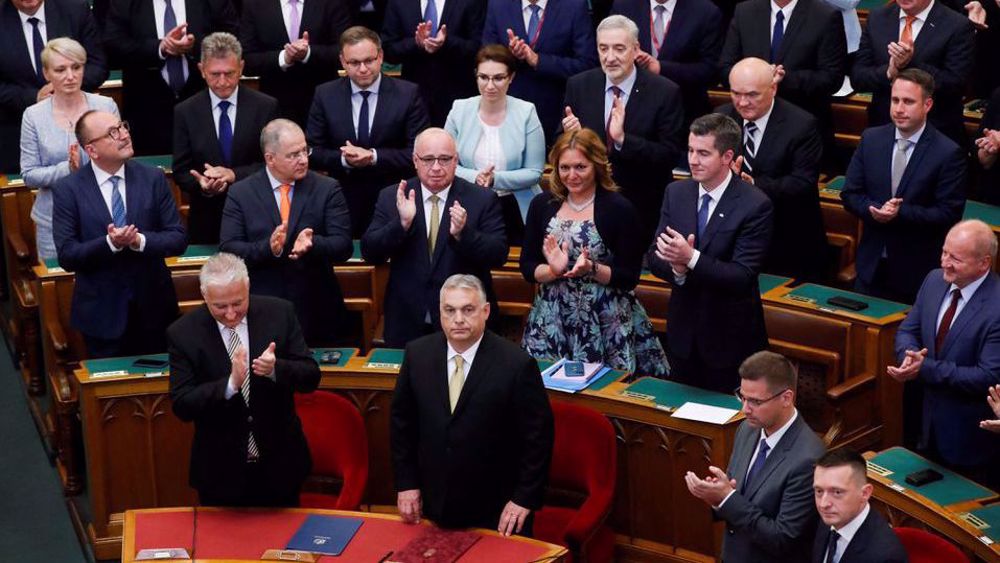

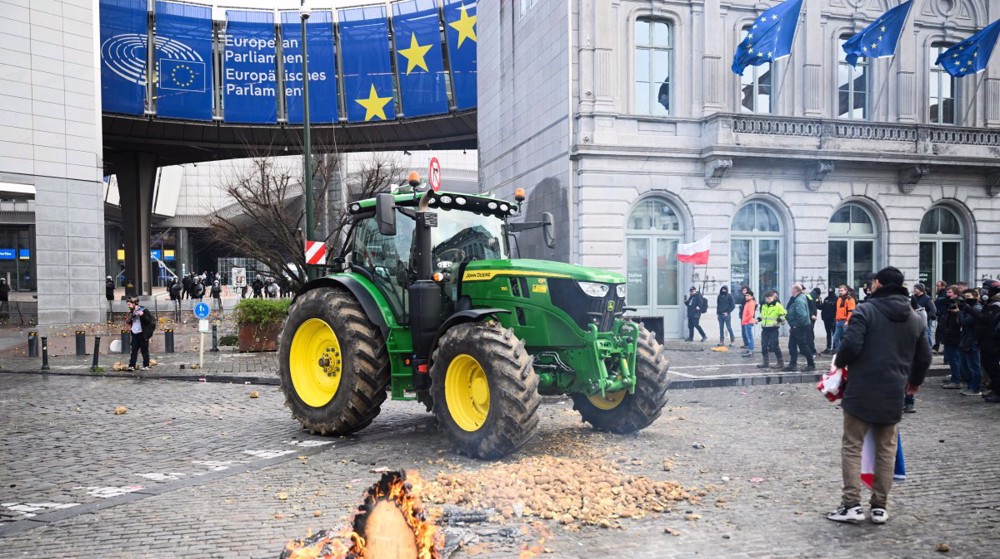
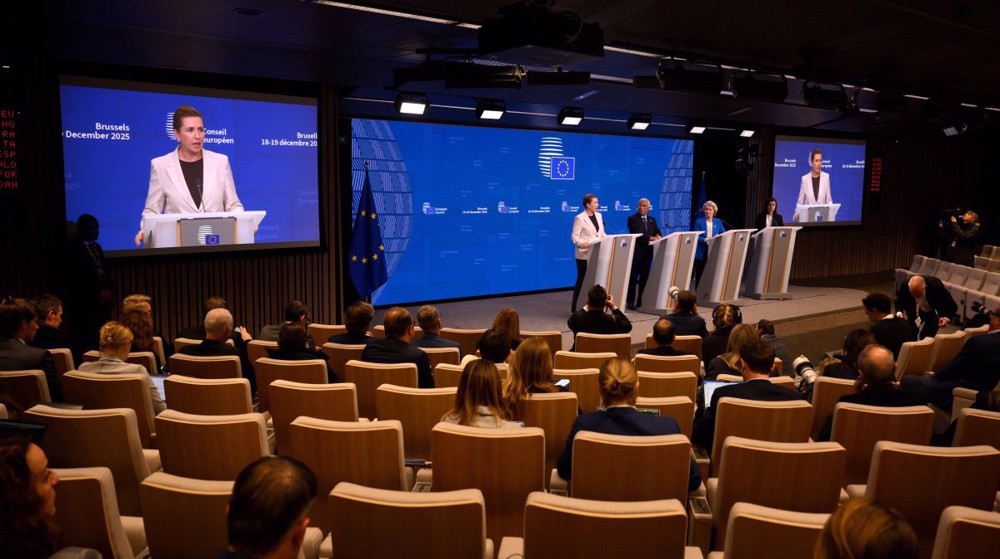
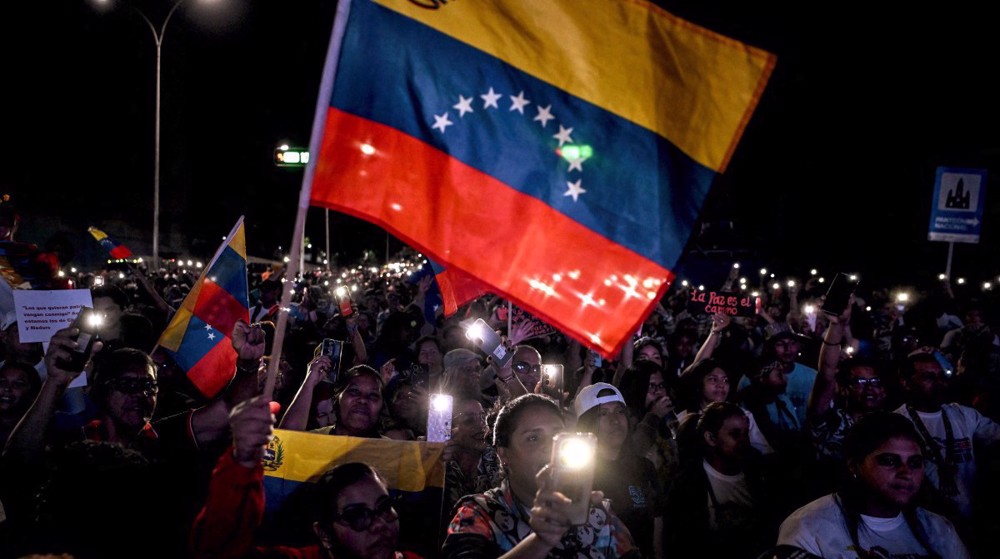



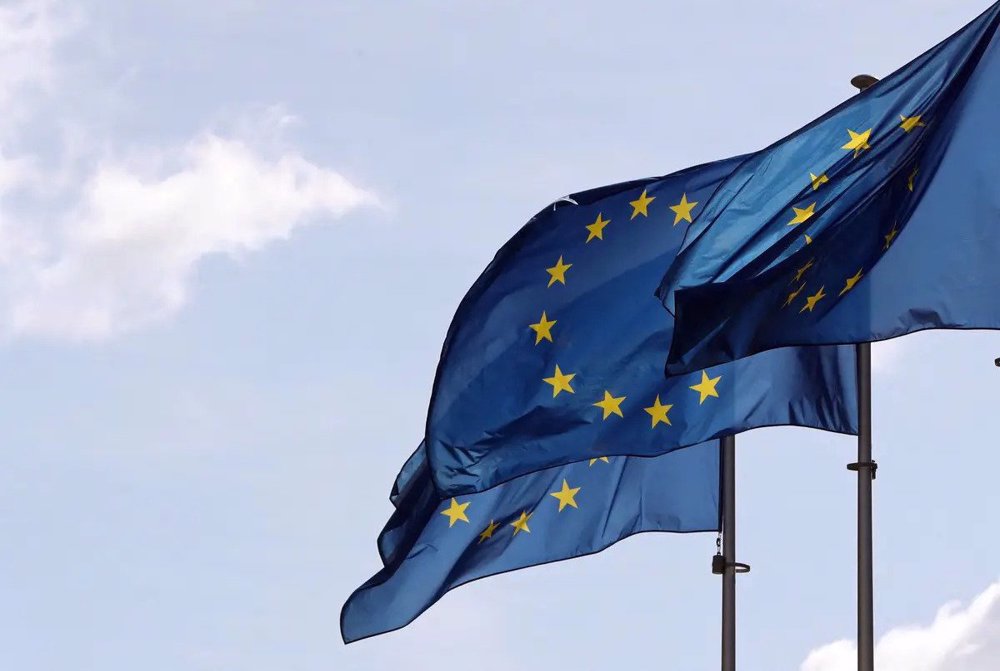
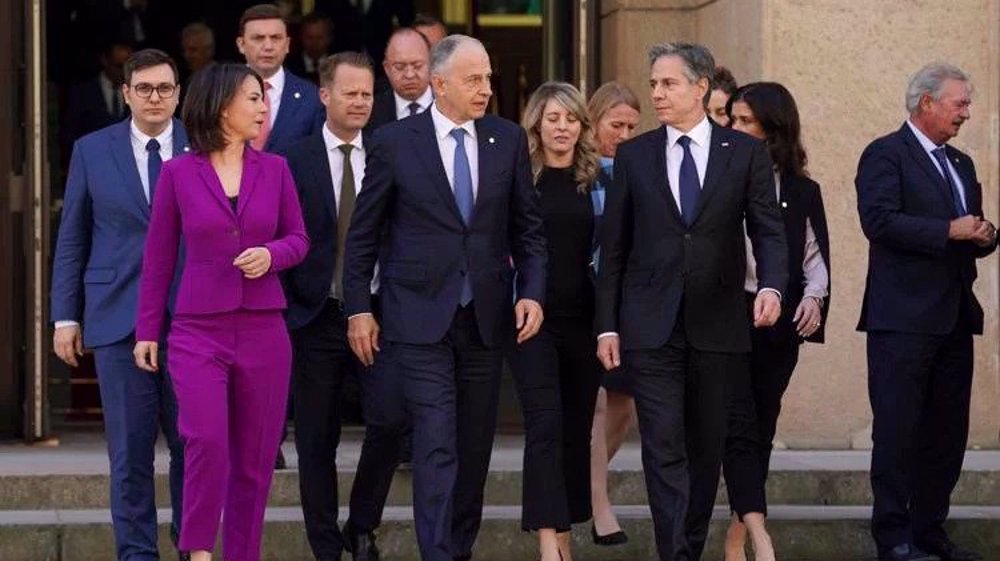
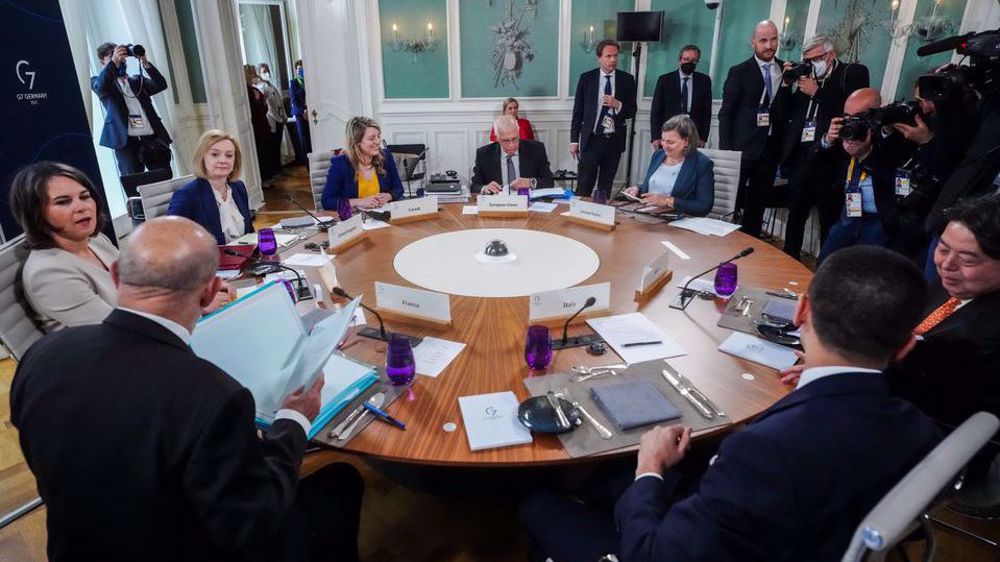
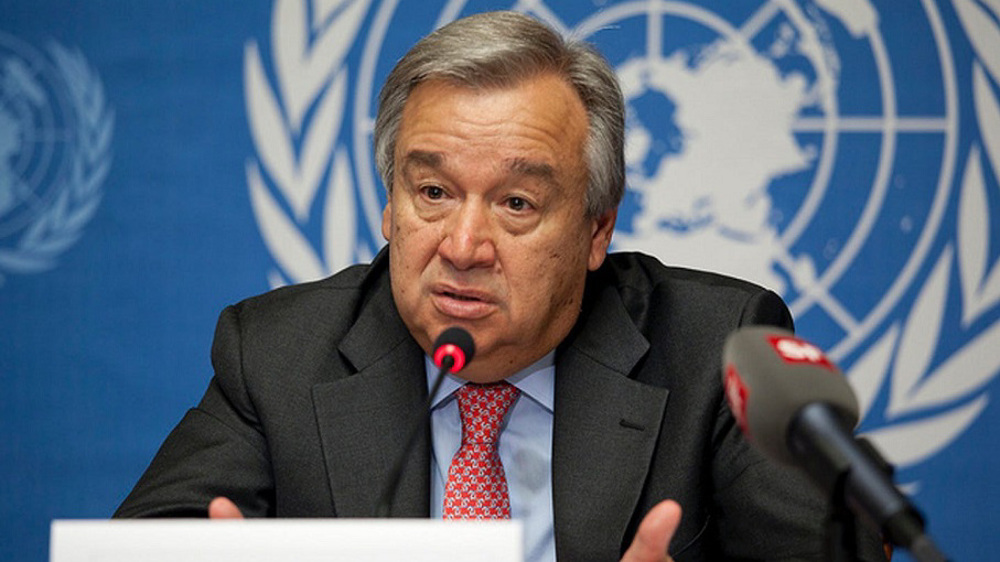

 This makes it easy to access the Press TV website
This makes it easy to access the Press TV website